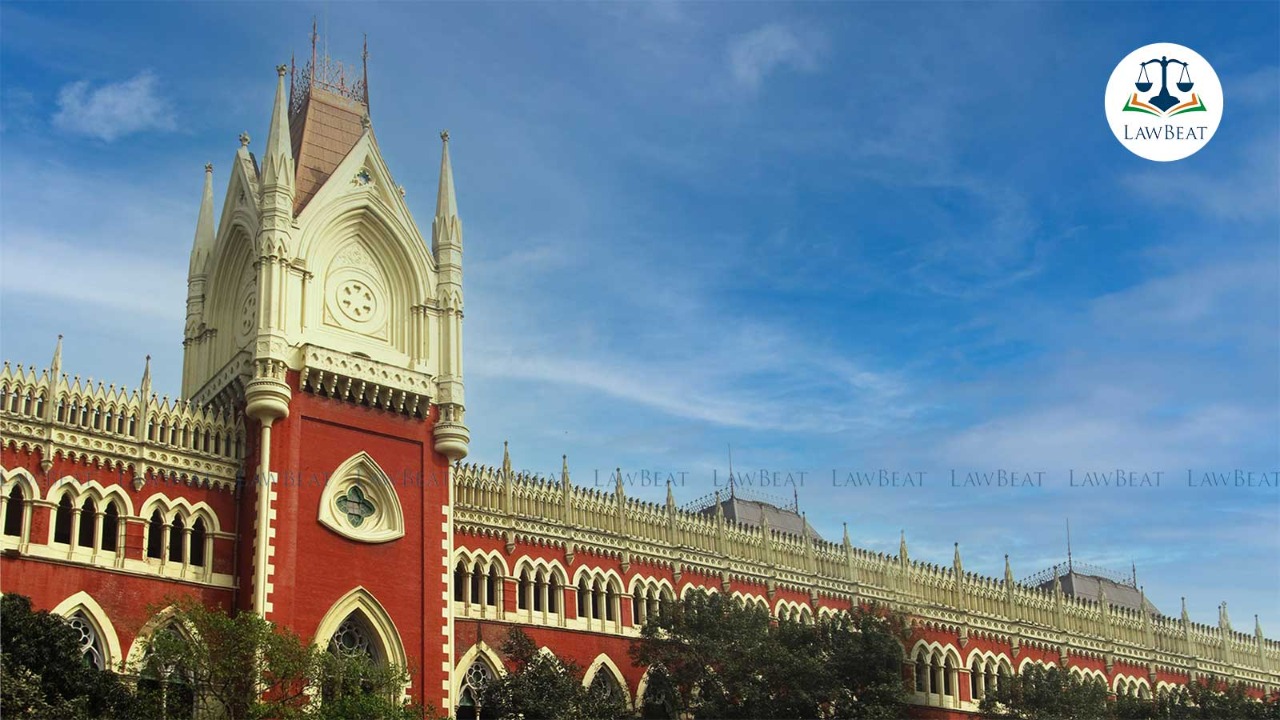Calcutta HC imposes cost of Rs 80k on state officials for demolishing private structures without following procedure

Court observed that there was a stark absence of a reasonable basis for the act of demolition.
The Calcutta High Court on Thursday imposed a fine of Rs 80,000 on the West Bengal authorities for demolishing a private structure without complying with the procedures as mentioned in the West Bengal Public Land (Eviction of Unauthorized Occupants) Act, 1962.
The court also observed that the authorities had even disregarded the pending judicial proceeding before the high court.
The single judge bench of Justice Moushumi Bhattacharya said that the authorities had failed to comply with the statutory mandate of the Act and also disregarded the writ petition filed in the court.
The judge said, “The action of the State authorities in failing to comply with the statutory mandate of the West Bengal Public Land (Eviction of Unauthorized Occupants) Act, 1962, − assuming that the Act is applicable in the present case− and disregarding the filing of the writ petition before this Court amounts to “Malice in Law”. Malice in Law is a reckless act in violation of the legal rights of a citizen which may or may not be actuated by personal ill-will.”
The court observed that 'Malice in Law involves' an intention on the part of the authorities to do a wrongful act with full knowledge not only of the commission but also of the consequences of such actions.
The petition was submitted on April 18 by the petitioners. The State respondents were issued a notice on April 17 and April 18. The petitioners also notified the respondents that the matter would be discussed on April 19 at 2:00 p.m. Nonetheless, the structure of the petitioners was demolished on April 19 by the BDO, Murshidabad, based on the contested order dated March 29, 2023, that bore the date March 21, 2023.
The challenged order dated March 29 stated that the Subdivisional Magistrate of Jangipur proceeded to the West Bengal Public Land (Eviction of Unauthorised Occupants) Act, 1962. The definition of "public land" in Section 2 (7) of the Act excluded government roads and highways as defined by the Bengal Highways Act of 1925 and any other applicable law.
The court noted that a document issued by the Department of Land and Land Reforms and Refugee Relief and Rehabilitation referred to Plot No. 852 (disputed land) as "raasta" (road). The bench noted that it was debatable whether the authorities could have taken any action under the 1962 Act.
The court observed, “The impugned order in the present case reflects that the SDM jumped Sections 3 and 4 of the 1962 Act and proceeded straightaway to direct removal of the encroachment under Section 5(1) of the Act. Even if it is assumed that the notice dated 21.03.2023 is a notice under Section 3, the documents placed before the Court do not indicate that the procedure to be followed under Sections 4 and 5 was complied with by the concerned authority. The documents do not even mention the word 'demolition' anywhere.”
The court also noted that on April 18, 2023, the BDO of Murshidabad sent a letter to the Officer-in-Charge of Murshidabad requesting immediate action for the completion of a government project on the land in question, with copies to the M.P. of Jangipur and the M.L.A. of Suti for sending a representative on the specified date and time.
The court noted that the State authorities had acted in complete violation of the legal rights of the petitioners seeking redress, as well as in flagrant violation of the procedure required by the 1962 Act.
Thus, the court directed the State respondents to pay a sum of Rs. 80,000 to the petitioners by 12 PM, April 21. “The State respondents shall decide which respondent shall bear the costs imposed,” said the court.
Case Title: Arabinda Das & Ors. vs. State of West Bengal & Ors.
